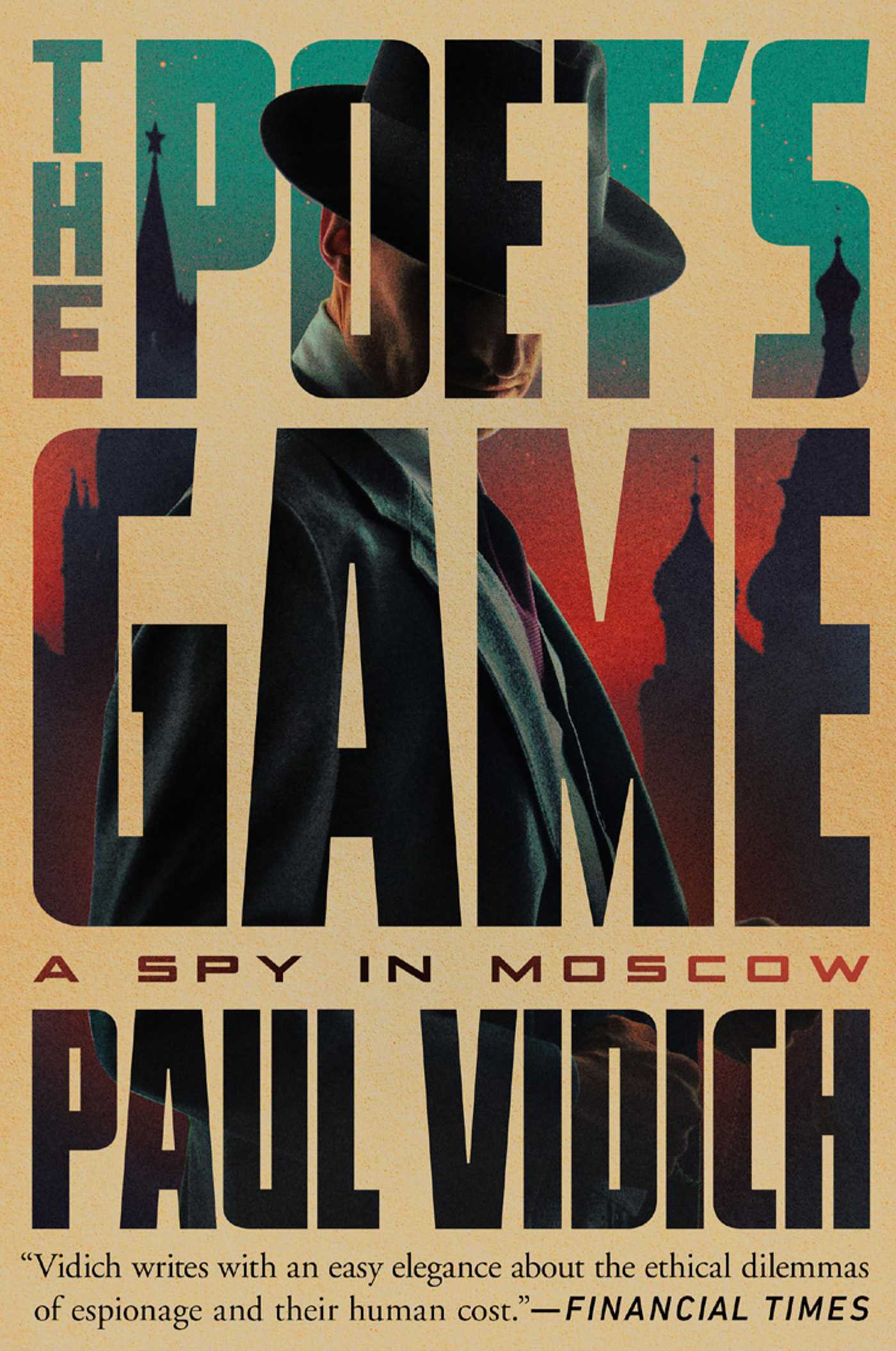Who are you?
Paul Vidich, based in Soho, Manhattan, where I moved in 1978 when the neighborhood was rag shops, manufacturers, and a few art galleries. I am a novelist.
What do you write?
I write literary spy novels. I have found that the guardrails of genre allow me to explore fundamental human conditions of love, betrayal, conscience, and revenge all within the entertaining bookends of a thrilling story. I am a big fan of Graham Greene, John Le Carre, and Eric Ambler, and in a way, I try to write the novels that I like to read. My seven novels, including the just published, The Poet’s Game, explore the challenges of a protagonist confronted with complex national security work that may be morally uncomfortable.
I was drawn to storytelling from an early age by my mother, who wrote plays, and encouraged me to do the same. I didn’t know what to do with her encouragement until I’d left college and saw writing as a way to escape from the mind-numbing dullness of a job that I took to pay my Manhattan rent. Short stories came first, then unpublished novels, but it was only when I was financially able to quit my corporate job that I found the time needed to bring a novel to a successful conclusion.
Where do you write?
I write the first draft of each novel on the dining table in our loft with the same Mont Blanc pen on Moleskin lined 5x8 ¼ inch notebooks. I am very particular about my pen and the notebooks. I have written all of my novels with the same pen and the same type of ruled notebook. I don’t think about the logistics of putting words on paper, so I get right to engaging my imagination in the work. The view from our large windows disappears and I see only the panorama of events unfolding in my imagination.

When do you write?
I write every morning starting around 7:30 A.M. I help my wife settle into preparation for the college English class that she teaches. I do a quarter hour of exercise, and then sit at the dining table with my cup of coffee. It is the same routine each morning. Of course, the routine changes if we are traveling, but when we’re in Soho, I am dedicated to a set of behaviors. The routine frees me from distractions. I believe this is the reason that I’ve been able to publish seven novels in ten years.
Why do you write?
Jayne Anne Phillips, who was my teacher at the Rutgers Newark MFA program, said that writer is a calling. And I agree. It’s an urge that some people have, and many don’t. It’s an urge to bring order to the bewildering chaos of life with a story that has its own internal logic. John Cheever, a short story writer who is not read enough anymore, said: “Art is the triumph over chaos.” And in some say, writing is, to paraphrase Flannery O’Conner, what we do to discover what we know.
How do you overcome writer's block?
I have never had writer’s block. I do two types of writing: good writing and bad writing. To get to good writing, I have to write a lot of stuff that is mediocre or worse, but I need to mine the granite before I get to the gems.
Bonus: What do you enjoy doing when not writing?
Reading, the company of our four grandchildren, dinner with my wife at Balthazar, and the occasional well-done streaming TV show. And, when I am able to remove myself from the demands place on me, I enjoy the quiet and solitude of walks in the woods behind our second home in the Catskill Mountains.
My thanks to Paul Vidich for today's interview.
Thanks for reading! If you enjoyed this post, please consider leaving a one-time tip to support my writing. Please feel free to contact me with your thoughts (or reply to the newsletter).



